Description
Magnesium sulfate, in its anhydrous form, is a fascinating compound with a wide array of applications, ranging from industrial processes to laboratory settings. Unlike its hydrated counterpart, commonly known as Epsom salt, magnesium sulfate anhydrous (MgSO₄) lacks water molecules in its crystalline structure, giving it unique properties that make it a valuable tool in various fields.
Understanding Magnesium Sulfate Anhydrous
The term “anhydrous” refers to the absence of water. In the case of magnesium sulfate, this means that the compound is pure MgSO₄, without any associated water molecules. This differentiates it from the more familiar magnesium sulfate heptahydrate (MgSO₄·7H₂O), commonly found as Epsom salt. The anhydrous form is typically a white, crystalline powder that is hygroscopic, meaning it readily absorbs moisture from the air. This property is crucial to its function in many applications.
Key Properties and Characteristics:
Hygroscopic: Its ability to absorb moisture is perhaps its most notable characteristic. This property makes it an excellent drying agent.
Water Solubility: While Magnesium Sulphate Anhydrous readily absorbs moisture, it is also highly soluble in water, although the dissolution process is exothermic (releases heat).
Neutral pH in Solution: When dissolved in water, magnesium sulfate anhydrous forms a neutral solution, which is important for many applications where pH stability is required.
Odourless: It is essentially odourless, which is advantageous in applications where a lack of fragrance is desired.
Stability: Magnesium sulfate anhydrous is generally quite stable under normal conditions, making it easy to store and handle.
Diverse Applications:
The specific properties of magnesium sulfate anhydrous make it suitable for a range of applications:
Drying Agent in Chemical Synthesis:
Given its hygroscopic nature, it’s widely used as a drying agent in chemical laboratories. It removes water from various organic solvents and chemical reactions, ensuring the desired products are obtained in their anhydrous form. It’s particularly useful for removing traces of water from organic solutions.
Desiccant for Packaging:
In the packaging industry, it serves as a desiccant, keeping packaged goods dry by absorbing excess moisture. This is particularly important for moisture-sensitive products like electronics, pharmaceuticals, and certain food items. It prevents deterioration and maintains quality.
Pharmaceutical Applications:
While not as directly used as Epsom salts, magnesium sulfate anhydrous plays a role in pharmaceutical formulations. It may be included in formulations where a completely anhydrous form is necessary. It can also be used as an excipient in certain manufacturing processes.
Cosmetics and Personal Care:
In some cosmetic and personal care products, magnesium sulfate anhydrous can be used as an absorbent to keep powders dry and prevent clumping. It’s less common than other Magnesium Sulphate Anhydrous, but it has its niche applications.
Industrial Uses:
It may be employed as a raw material in the production of other magnesium compounds. The anhydrous form provides a pure source of magnesium for various chemical processes.
Agricultural Applications (Indirect):
While magnesium sulfate heptahydrate (Epsom salt) is more commonly used, anhydrous MgSO4 can indirectly play a role in agriculture through the production of fertilizers and soil amendments that utilize magnesium as a vital nutrient for plant growth.
Handling and Storage:
Due to its hygroscopic nature, magnesium sulfate anhydrous must be stored in airtight containers in a dry environment to prevent it from absorbing moisture from the air and forming the hydrated form. When handling, standard safety practices, including wearing appropriate personal protective equipment (PPE), should be followed.
Conclusion:
Magnesium sulfate anhydrous is a highly versatile compound with unique properties that make it indispensable in various industries and laboratory settings. Its role as a drying agent and desiccant is critical, and its applications extend to pharmaceuticals, cosmetics, and even industrial processes. Understanding the specific characteristics of this anhydrous form versus its hydrated counterpart is crucial to leveraging its full potential in a wide variety of applications. While often less familiar than Epsom salt, magnesium sulfate anhydrous is a valuable compound with significant contributions to various fields.



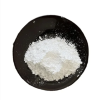
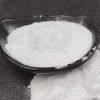
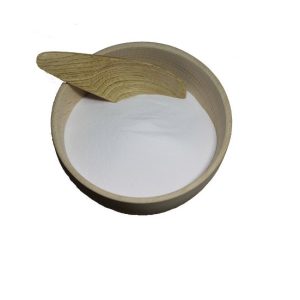
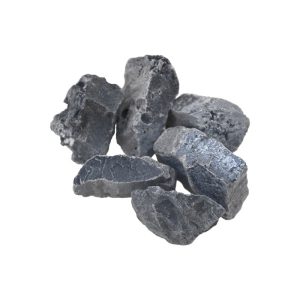
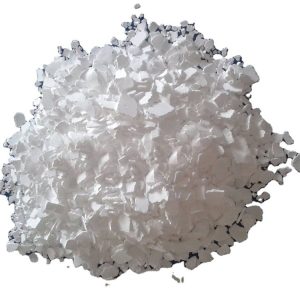
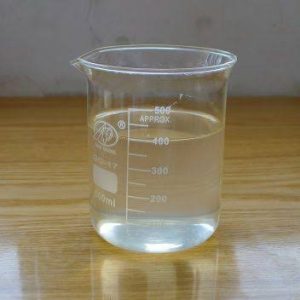

Reviews
There are no reviews yet.